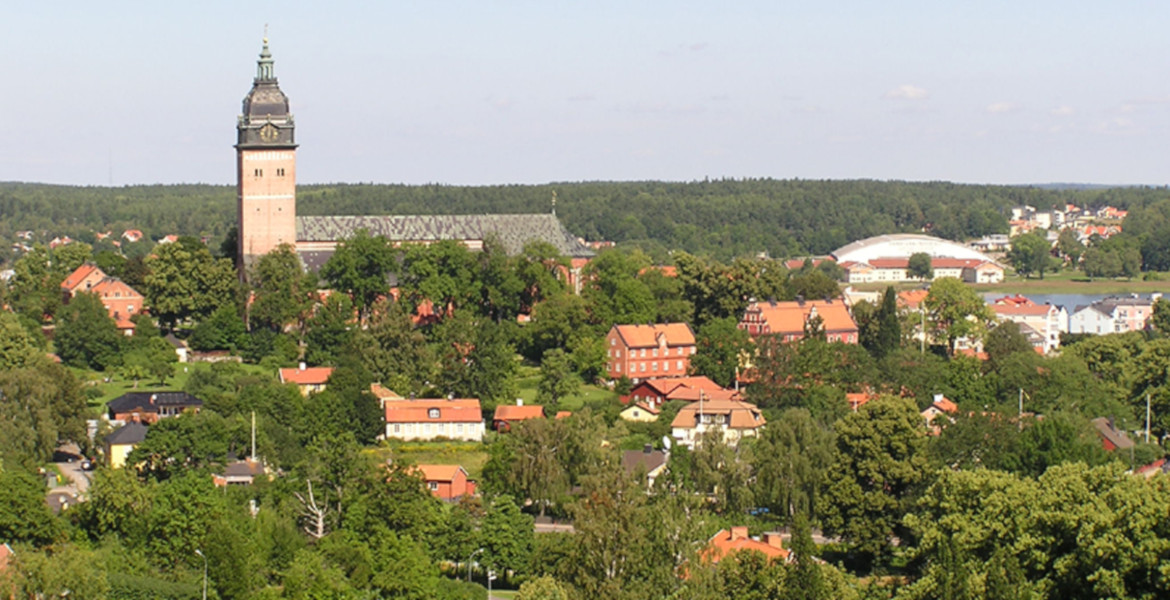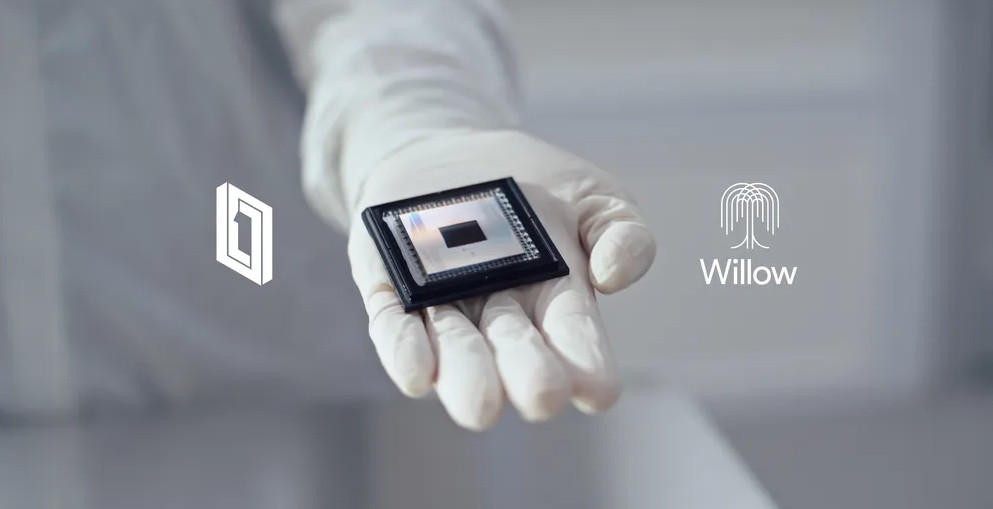Strängnäs, a municipality in Sweden, is preparing for one of the largest investments in its history. Brookfield Asset Management (BAM) plans to build one of Europe's largest artificial intelligence (AI) data centers in the city.
The data center, which will be built on an area of approximately 350,000 square meters, will have a capacity of 750 megawatts – more than twice as large as previously planned. The project is expected to create over 1,000 permanent jobs and approximately 2,000 jobs during the construction phase.
The investment amounts to approximately SEK 95 billion (€8.7 billion) and is expected to take 10–15 years.
– Strängnäs has all the conditions to become the location of Northern Europe's first AI center. We can offer an excellent geographical location, we have a high level of education and good cooperation with the municipalities in the Mälardalen region, says Jacob Högfeldt (M), chairman of the municipal council in Strängnäs, to Datacenter-Forum.
Brookfield's European CEO, Sikander Rashid, highlights the importance of investing in AI infrastructure on a large scale.
– To be competitive in AI development and realize its economic productivity, it is important to invest at scale in the infrastructure that underpins this technology. This extends beyond data centers and into data transmission, chip storage and energy production.
Strängnäs part of a broader strategy
The investment in Strängnäs is part of Brookfield's broader strategy to invest around €20 billion in AI infrastructure in Europe, which also includes plans for large data centers in France and other countries.
Swedish Prime Minister Ulf Kristersson has expressed his support for the investment on social media, emphasizing Sweden's long tradition of strong companies.
Sverige har en lång tradition av innovation och starka företag.
AI är en oerhörd kraft för att Sverige ska fortsätta vara ett land i framkant. Det är därför regeringen nu tar fram en samlad AI-strategi – och orsaken till att vi tillsatte AI-kommissionen. Nu ser vi resultat.Jag…
— Ulf Kristersson (@SwedishPM) June 4, 2025
Translation of above tweet: "Sweden has a long tradition of innovation and strong companies. AI is an incredible force that will enable Sweden to remain at the forefront. That is why the government is now developing a comprehensive AI strategy – and why we appointed the AI Commission. We are now seeing results.
I welcome the announcement today by the Canadian company Brookfield that it plans to invest up to SEK 95 billion in a new AI center in Strängnäs. It will be one of the largest data centers of its kind in Europe. It is also one of the largest investments in AI infrastructure to date in our country. I am particularly pleased that it is in my hometown.
We have a fantastic tech scene, and the latest investments from companies such as Brookfield, Nvidia, and Microsoft are clear proof of that."
Sweden has competitive advantages that make the country attractive for large data center investments, including a relatively stable energy supply, high digital maturity, and proximity to academic hubs such as KTH and Uppsala University.
In addition, EU data protection regulations require sensitive data to be stored within the Union's borders, which increases demand for local data centers.
The investment in the AI center could make Strängnäs a central node in Europe's AI ecosystem and help strengthen Sweden's role in the global AI race.




